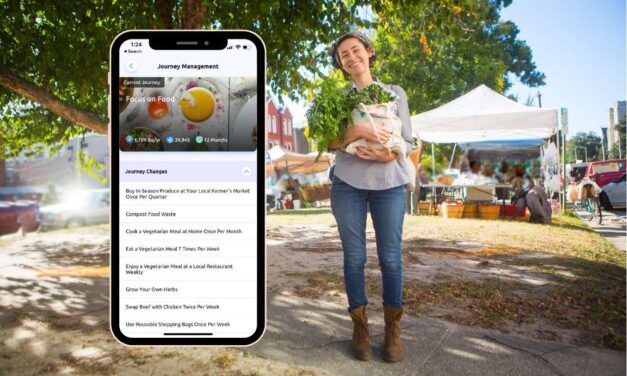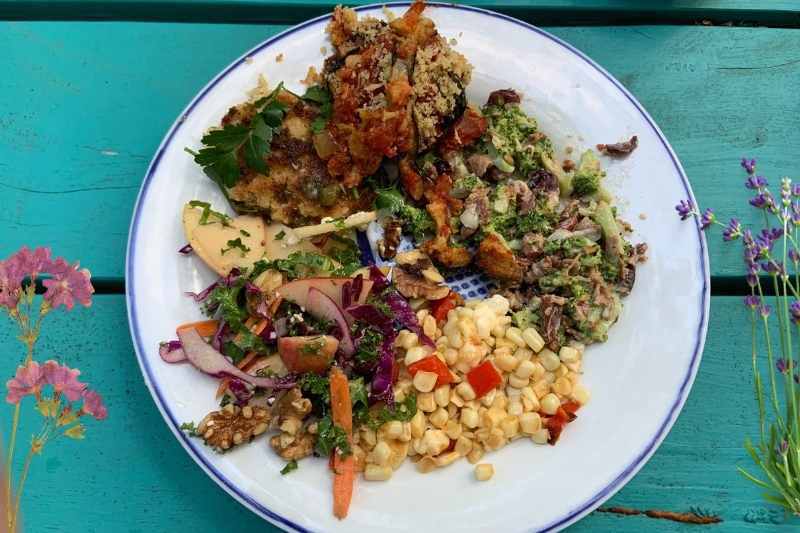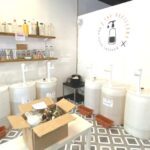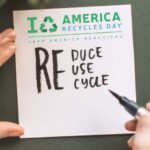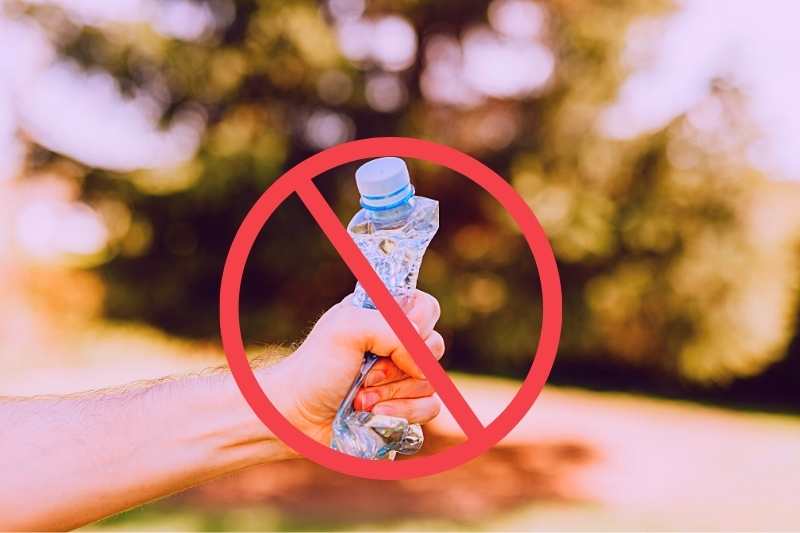Tag: Plant-based diet
Food Focus Journey Spotlight: Track the Impact of What You Eat
The Food Focus Eco-Journey considers the impact of what you eat, food agriculture, and the plastic surrounding our food.
Read MoreOPL Spotlight: Lorie Buckingham’s Sustainability Journey Began with a Craving to Learn More
Decades before founding One Planet Life, Lorie Buckingham had already embarked on her own sustainability journey.
Read MoreVeggie-Forward Party Menu for 8 People
At our recent OPL Summit, we had a three-course, veggie-forward potluck dinner for eight people, and it was a party for the senses. Get our recipes.
Read More

